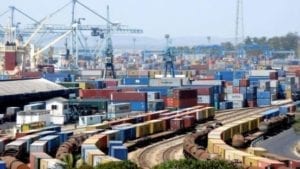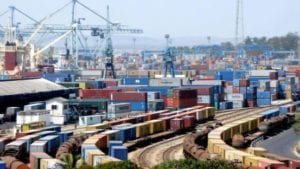The case seeks to review this arrangement and will be keenly followed by other counties hosting major state-owned companies like East African Portland Company (Kajiado), Kenya Meat Commission (Machakos), hydropower plants in various counties, and sugar companies in Western and Nyanza.
Petitioner’s argument The petition was filed by William Ramogi, Asha Omar and Gerald Kiti, through their lawyer Nyambura Kihoro. The petitioners wanted an order that the national government only regulates the port, leaving the county to manage its operations. They sued the Attorney-General, the Cabinet Secretary in charge of Transport and Infrastructure, Kenya Ports Authority and Kenya Railways Corporation. The trio argued that the county government, under the Constitution, is vested with powers to manage local transport, including harbours, but excluding the regulation of international and national shipping. -Allafrica
Chief Justice David Maraga is set to form a bench to hear a petition, which seeks to place Mombasa port under county government, after High Court referred the matter to him.
In referring the case to the CJ Maraga on Tuesday, Justice Eric Ogola said the issues raised in the petition are weighty and of great public interest.
Justice Ogola said he was in agreement with the petitioners that the case is of great public interest; hence the balance tilts to having more than three judges hear it.
Therefore, Moraga will constitute an uneven bench to hear the “substantial questions of law.”
Case interest
The case has the potential to shake up the relationship between counties and national governments over the control of key economic institutions.
Should the petition to succeed, the county government of Mombasa would take over management and operations of the port, which employs 7 000 people and generated Sh38 billion in revenue last year from handling goods traded between East Africa, the Great Lakes region and the rest of the world.
Under the Constitution, key institutions like ports, railways, airports and waterways, as well as natural resources, are regarded as national assets, leaving counties to manage some classes of roads and markets.








